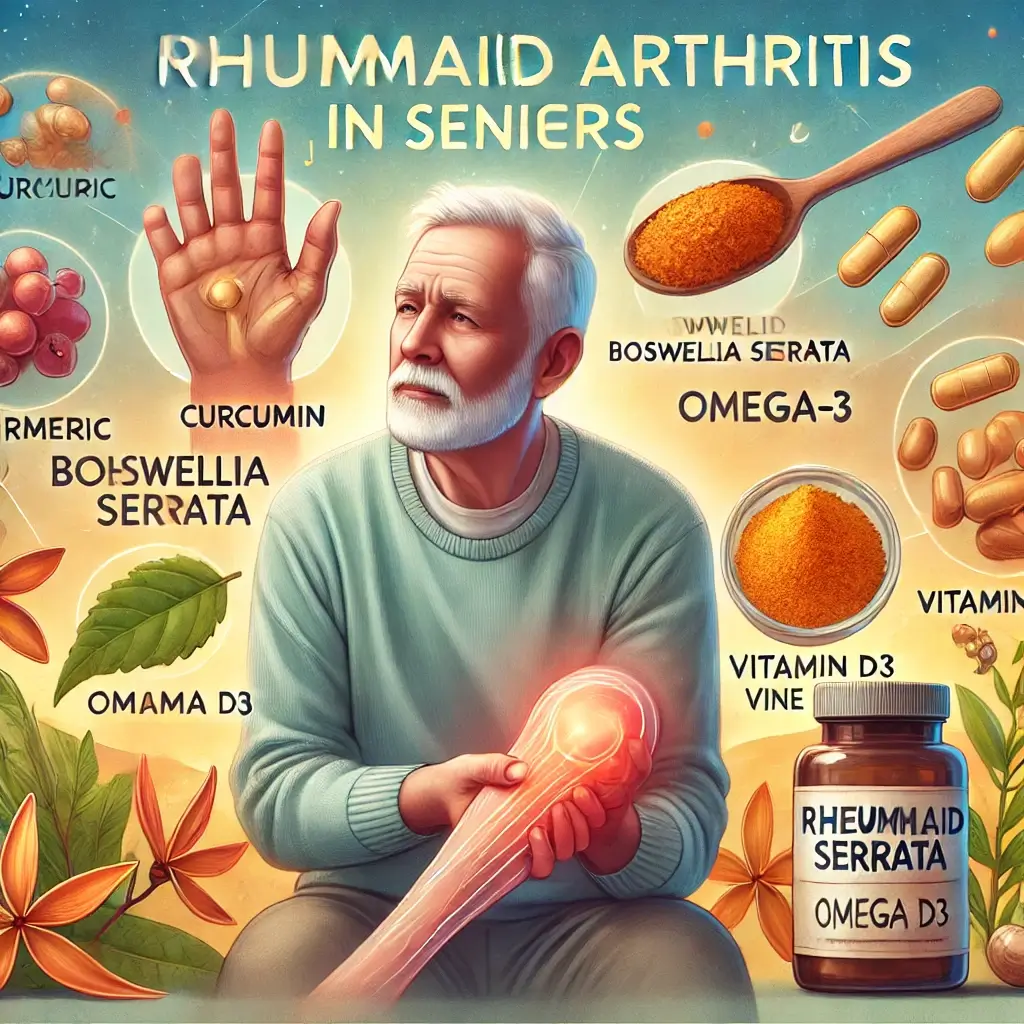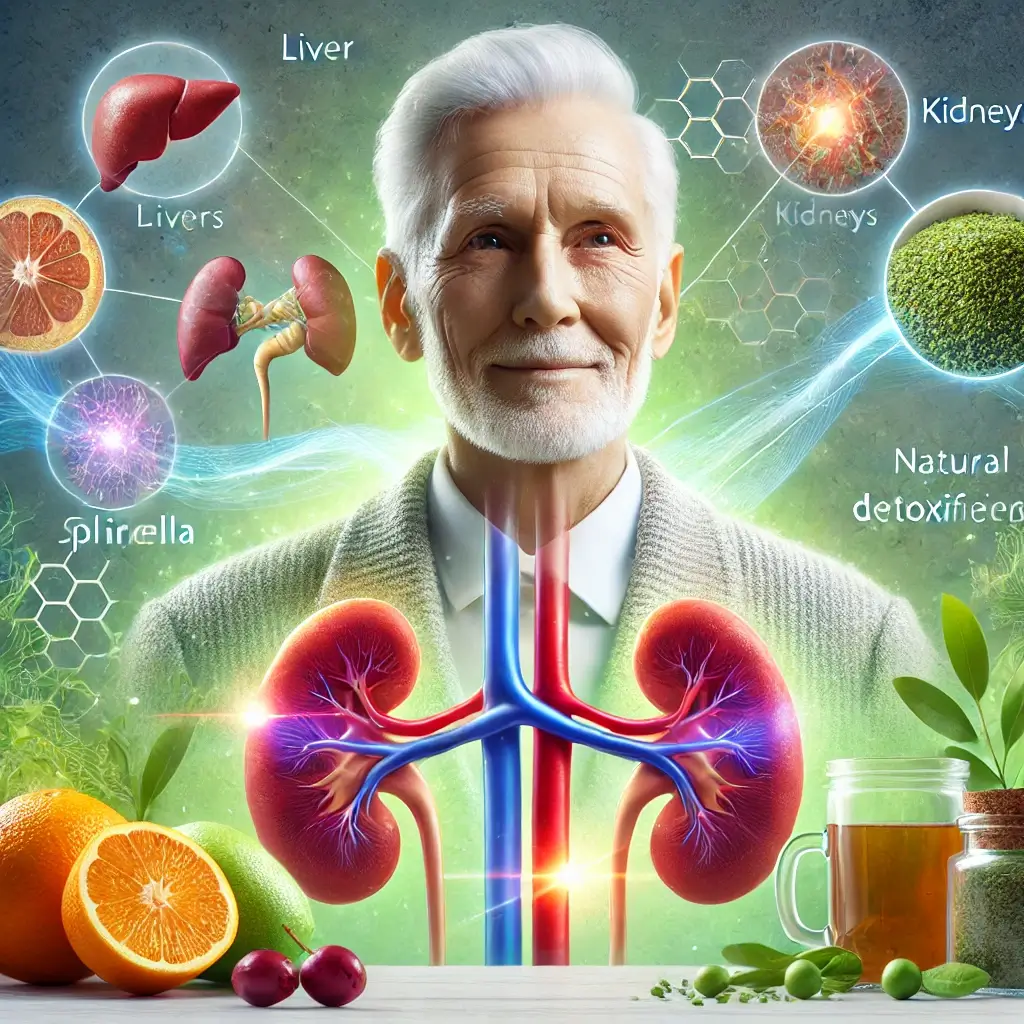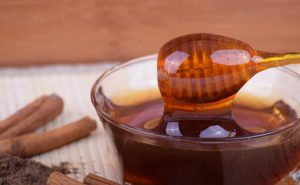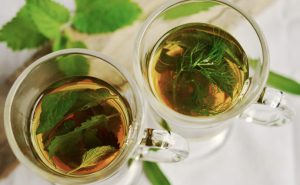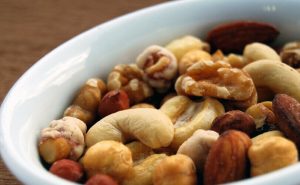The Senior’s Guide to Managing Rheumatoid Arthritis: Clinical Research on 3 Powerful Herbal Solutions
Understanding Rheumatoid Arthritis in Senior Population
Rheumatoid arthritis (RA) is a chronic autoimmune disorder that affects approximately 1% of the population globally, with seniors experiencing some of the most severe impacts. The condition is characterized by systemic inflammation, which causes debilitating pain, joint damage, and impaired mobility. For older adults, managing RA poses unique challenges due to age-related immune system decline, heightened susceptibility to side effects from pharmaceuticals, and the presence of comorbid conditions such as cardiovascular disease and diabetes. Conventional treatments like nonsteroidal anti-inflammatory drugs (NSAIDs), corticosteroids, and biologics, while effective, often carry significant risks in senior populations, including gastrointestinal damage, kidney dysfunction, and immune suppression.
Emergence of Natural Alternatives
In light of these challenges, herbal anti-inflammatories have emerged as safer alternatives for RA management. Herbs such as turmeric (curcumin), Boswellia serrata, and Thunder God Vine are supported by robust clinical evidence for their ability to reduce inflammation, modulate immune function, and alleviate pain. These natural remedies, combined with essential nutrients like omega-3 fatty acids and vitamin D3, offer an integrative approach to RA treatment, addressing both symptoms and underlying immune dysregulation.
Clinical Evidence and Research Overview
This article reviews the clinical evidence supporting herbal anti-inflammatories, their mechanisms of action, and practical applications for seniors seeking safer, effective alternatives to conventional therapies.
Turmeric’s Role in RA Management
Curcumin, the active compound in turmeric (Curcuma longa), is one of the most extensively studied natural anti-inflammatories. Curcumin works by inhibiting nuclear factor-kappa B (NF-κB) and cyclooxygenase-2 (COX-2), which are key mediators of inflammation and joint destruction in RA. Its antioxidant properties further protect joint tissues from oxidative damage, a factor that worsens inflammation and tissue degeneration in aging populations. A double-blind, randomized controlled trial published in Phytotherapy Research demonstrated that curcumin supplementation at a dose of 1000-2000mg daily significantly reduced RA symptoms, including joint pain and morning stiffness, with results comparable to NSAIDs but without adverse gastrointestinal effects. Seniors can benefit from curcumin supplementation by combining it with black pepper extract (piperine), which enhances absorption by up to 2000%.
Benefits of Boswellia Serrata
Boswellia serrata (Indian frankincense) is another potent herbal anti-inflammatory known for its ability to inhibit the 5-lipoxygenase (5-LOX) pathway, which reduces leukotriene production—pro-inflammatory molecules that contribute to joint swelling and pain. In a clinical study published in the Journal of Rheumatology, supplementation with 300-900mg of Boswellia daily led to significant improvements in joint stiffness, pain scores, and overall mobility among RA patients. Importantly, Boswellia demonstrated an excellent safety profile, making it a suitable long-term option for seniors who are often unable to tolerate NSAIDs due to gastrointestinal or cardiovascular risks.
Thunder God Vine’s Immune-Modulating Properties
Thunder God Vine, a traditional Chinese herb, has powerful immune-modulating properties, making it highly effective for RA management. Its active compounds suppress T-cell activation and reduce the production of pro-inflammatory cytokines such as tumor necrosis factor-alpha (TNF-α) and interleukin-1β (IL-1β), both of which are central to RA progression. A meta-analysis published in the Journal of Alternative and Complementary Medicine revealed that supplementation with 180-360mg of Thunder God Vine daily reduced disease activity scores (DAS28) and improved joint function in RA patients. However, due to its potency, this herb requires careful administration under medical supervision to avoid toxicity. Seniors using Thunder God Vine must ensure appropriate dosing and regular monitoring of liver and kidney function.
Nutritional Support for Joint Health
To enhance the effectiveness of herbal anti-inflammatories, seniors with RA can integrate key nutrients that support joint health and reduce inflammation: Omega-3 Fatty Acids inhibit inflammatory eicosanoids and cytokines. A study showed that 2-4g daily of omega-3 supplementation reduced CRP and ESR levels, key markers of inflammation in RA. Seniors often have vitamin D deficiencies, which exacerbate RA symptoms and weaken bone health. Supplementation with 2000-5000 IU daily supports immune regulation and joint preservation. Selenium and Zinc reduce oxidative stress and promote tissue repair in inflamed joints. By combining herbal interventions with nutrient therapy, seniors can achieve better symptom management, improved mobility, and enhanced overall well-being.
Implementation and Monitoring Guidelines
A holistic RA management plan for seniors involves the following steps: Initial Phase: Begin with curcumin, Boswellia, or Thunder God Vine for inflammation control. Integrate omega-3 fatty acids and vitamin D3 for additional support. Monitoring: Track inflammatory markers such as CRP and ESR. Assess joint function, pain levels, and mobility improvements. Maintenance Phase: Continue herbal supplementation to prevent flare-ups. Adopt an anti-inflammatory diet rich in vegetables, fruits, and healthy fats. Seniors should work closely with healthcare providers to avoid herb-drug interactions, especially if taking blood thinners, immunosuppressants, or NSAIDs.
Final Insights and Future Directions
Herbal anti-inflammatories, such as turmeric (curcumin), Boswellia serrata, and Thunder God Vine, provide safe, evidence-based alternatives for managing rheumatoid arthritis in seniors. Supported by clinical research, these herbs effectively reduce inflammation, alleviate pain, and improve joint function without the adverse effects associated with conventional therapies. By incorporating essential nutrients like omega-3 fatty acids and vitamin D3, seniors can adopt a holistic and integrative approach to RA management. With ongoing research highlighting the benefits of herbal interventions, these strategies offer hope for improved quality of life and long-term relief for older adults living with RA.
